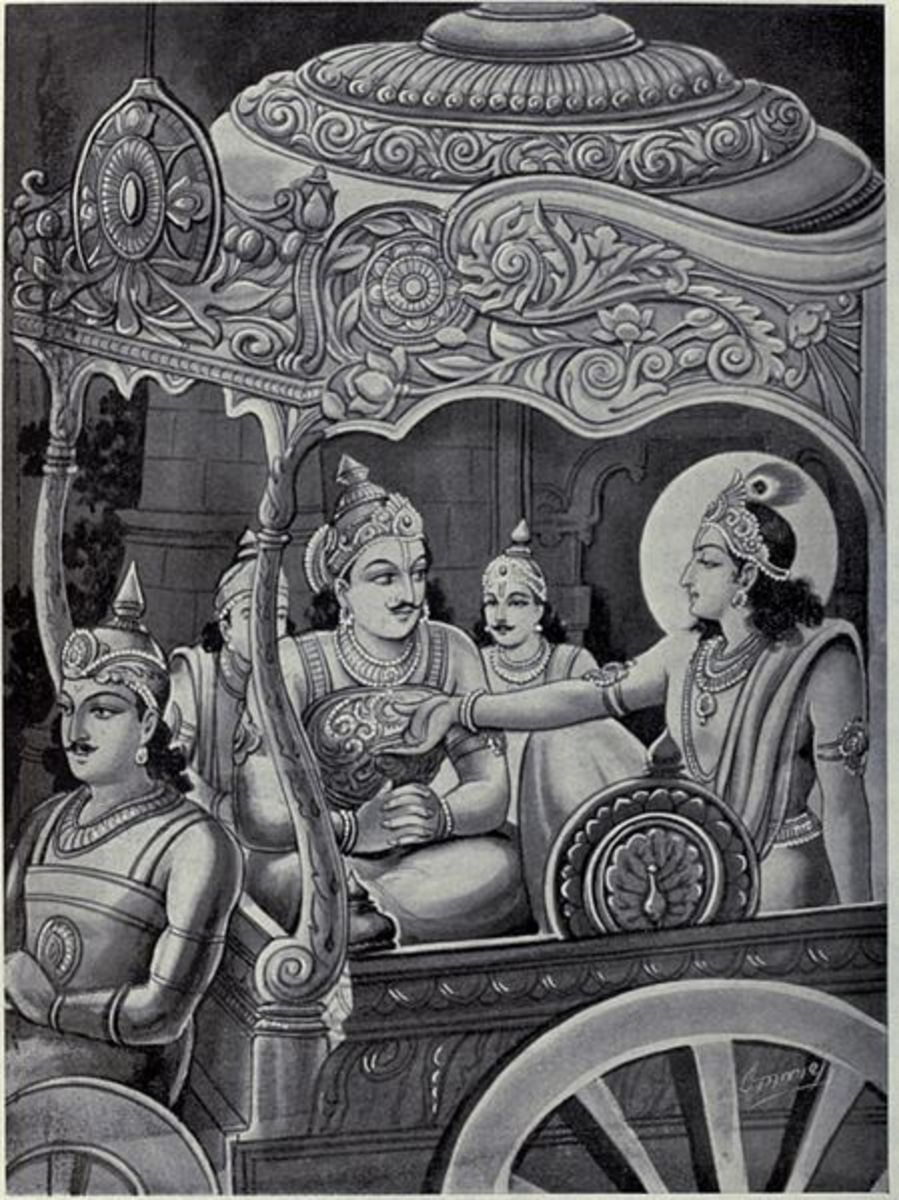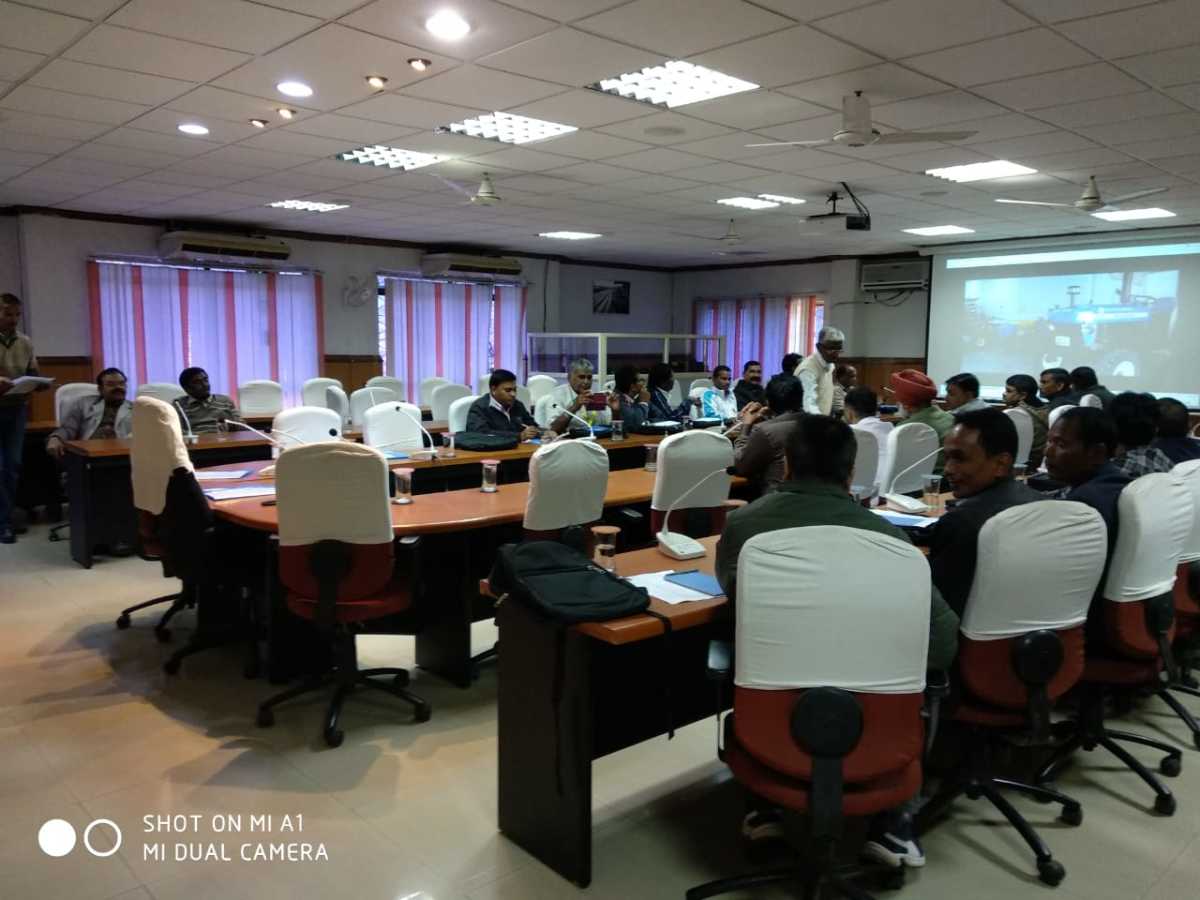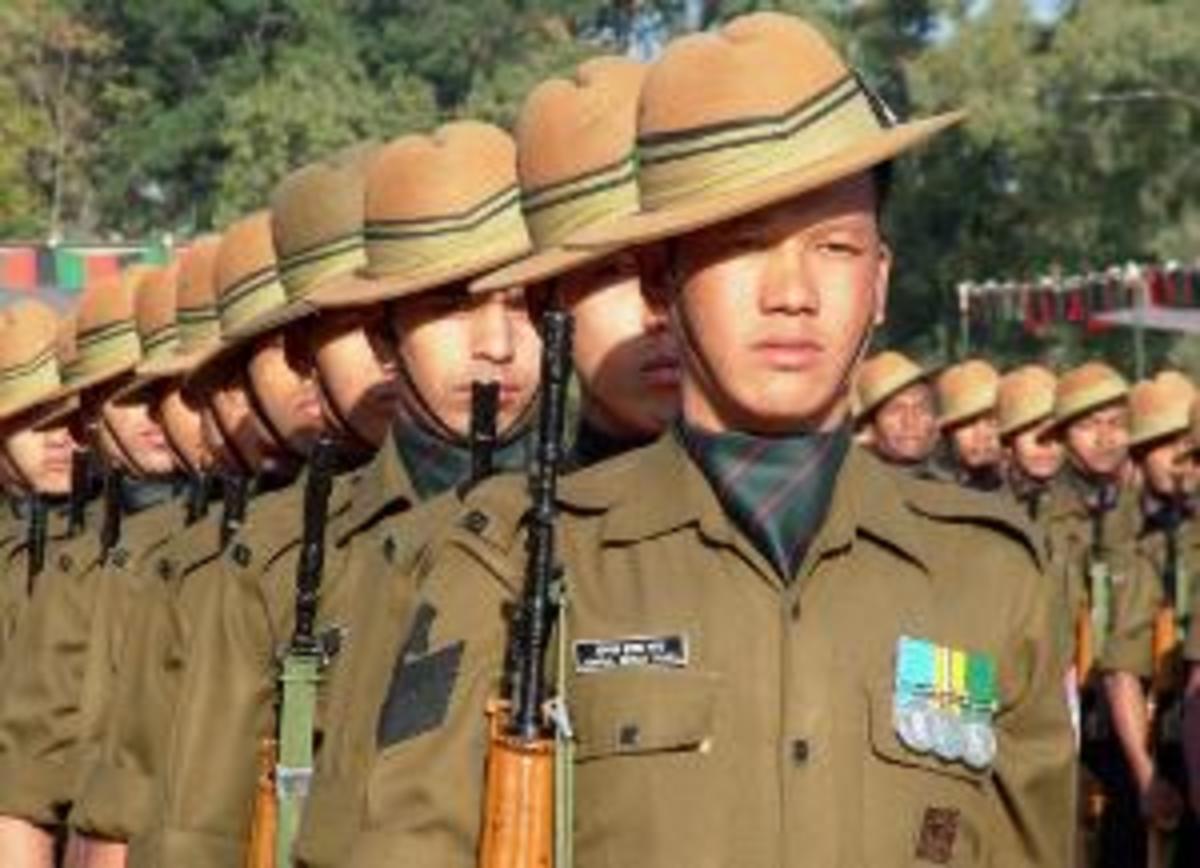The President of India : a covert MANUITE?
Mr President's silly INDULGENCE
Mr Pranab Mukherjee, a short-figure Brahman, and the President of India, is used to wearing a holy thread, as they call it, and worshiping idols. After having assumed the presidency, Mr Mukherjee refused, and so he did for the first time, to be photographed garbed like a pujari with his holy thread on (see Sunday Times, 21/10/12, p6).
Mr President's silly BEHAVIOUR
The President's behaviour, as I view it, reflects an attitude that is very intriguing and surprising. It is obvious that Mr President wants to hide something he does in public before the eyes of everybody present there. This reminds me of a Bollywood actor who loved to kiss her boyfriend in full view of all onlookers but went furious if photographed doing the act. Do such things become a sensible human?
RATIONALE for Mr President's ATTITUDE
A sensible man is also moved to wonder what rationale is behind such a silly, infantile attitude. Is it because Mr President is aware that idolatry is, the way great men like Vidyasagar*, Tagore**, etc viewed it, a silly superstition unbecoming of an enlightened human? Or, is it because he is not insensible of the obnoxious truth that he loves to wear a holy thread, which is unbecoming of one who holds the highest office of a secular state? The holy thread testifies to the contemptible fact that the Indian President believes in varnashram (the Vedic variety of racism) that divides the human race into four castes (varnas), the highest of which consists of Brahmans who, by varnashram, are superior to all other humans, and the lowest one consists of the lowliest Shudras (the writer of this essay himself is a Shudra) who are born to do all menial jobs and oblige the twice-born (i.e. Brahmans, Kshatriyas, and Vaishyas, who form the three upper castes) with unpaid labour and live a life full of hardship ( Shudras are not entitled to acquire riches), and who are bracketed with dogs, black birds, women, etc, that is beings that Manu* considered ominous1. (* An ancient lawgiver ; varnashram was, it is said, Manu's brainchild.) Is Mr President ashamed of his belief in varnashram? Does he want to conceal the loathsome fact that he is a covert Manuite? Unless Mr President is lacking in backbone, he should not be shy of admitting to the whole truth behind his enigmatic attitude at issue.
______________________________________________________________
*Iswarchandra Vidyasagar , a great son of nineteenth-century Bengal (a state in India); he was a great thinker, writer, and social reformer.
**Rabindranath Tagore, a great poet and Nobel laureate; he was also a great thinker, writer, and a pacifist.
Both Vidyasagar and Tagore were known for their advocacy of Raja Rammohan Roy's doctrine BRAHMAMAT that is opposed to idolatry.
________________________________________________________________
Varnashram, as I view it, is not just downright fallacious; it is also outright barbarous and vulgar and cannot be acceptable to civilised humans of the twenty-first century. It deserves to be reckoned gross offence to the humanity. By varnashram, all humans bar the twice-born few fall into the category of Shudras. Thus, if varnashram were accepted as true, not only the Indian President but even an illiterate Brahman must be accepted as superior to a university vice chancellor, such as Mr Suranjan Das of Calcutta University, or the editor of The Statesman or the US President and Nobel laureate Mr Barack Obama. Does Mr Mukherjee really believe that he is more erudite, more intelligent, more prudent, and more talented than all non-Brahmans?
How NEHRU viewed VARNASHRAM
Pandit Nehru, a true secularist, a Bharat Ratna, and the first prime minister of India, viewed varnashram with deep-seated scorn, and, I have heard, he discarded his holy thread. Another former prime minister Dr PV Narsimah Rao, the famous Bengali litterateur Sunil Ganguly, and many other enlightened Indians also threw away their despicable holy threads.
Nehru viewed varnashram as a 'hoary and tenacious relic of past times' and wished it dead.(v The Discovery of India (1990), p121) Further, Nehru dismissed outright both the thesis that 'the basic idea of caste might remain' and the suggestion that caste 'should not depend on birth but on merit' as something 'irrelevant' and 'opposed to modern conditions and the democratic ideal.' (ibid, p520)
Gandhiji's POSITION on VARNASHRAM
And not only Nehru but Gandhiji, the Father of the Indian nation, who viewed varnashram as an 'anachronism', also wished it were dead. In ' The Discovery of India ' (1990) Nehru quoted Gandhiji as having said: 'It is a moral, non-violent revolution in all the departments of life of a big nation, at the end of which caste and untouchability and such other superstitions must vanish.' (p121)
Who is RIGHT?
Were they all wrong? I should like to know how our learned President regards such thoughts of theirs. A humble guy, and an advocate of healthy, sensible, and meaningful living, I might be wrong and truly expect Mr President who is far more erudite, gifted, and intelligent than people like me to prove me wrong. I feel deeply hurt that our venerable President wears holy thread and indulges in idolatry. I would expect the learned and wise President to offer a convincing explanation as to why Mr President should be considered right and I wrong in regard to the points at issue.
One More QUESTION
Is Mr President Bothered About How To Make Ours A BETTER WORLD ?
In December last year (i.e. 2012), Kashmir to Kanyakumarika, India was rocked by the brutal gang-rape and torture of a bright young lady Nirbhaya Damini, which led to her untimely rueful end at 23. Shocked and stirred at the incident, sensible citizens racked their brains to find some ways that can transform this world into a better place for girls. Most of them suggested stricter legislation and its strictest enforcement for this purpose. I am not opposed to such proposals. But I don't think merely legislation, however strct, and however strctly it is enforced, is an answer to the problem at issue. I do not have the farsightedness needed to envision a world free of rape. Nevertheless, I strongly believe it is quite possible to reduce the incidence of the crime significantly and thus make ours a far better world. With this end in view, the first thing we have to do is make the principle of healthy and meaningful living our life principle, and then let us ask our friends and fellows to do the same. Humans, as I view it, see the light of day the same way as canines and felines. But, of course, it doesn't become humans to lead a beastly life. Let us tell them it makes sense to live a healthy and meaningful life.
Not all are expected to listen to us. But I am sure a large section of the world humanity would respond positively to our reason, which fact is likely to lead to a significant diminution in the commission of all sorts of wrongs, I reckon.
But who is going to take heed of all these good words in this half-civilized state the head of which is a covert Manuite, a closet believer in varnashram? Mr President does know that varnashram is a downright falsehood, and that it is an outright affront to the humanity. Mr President ought also to know that his holy thread that bears evidence of his secret belief in varnashram and his silly idolatry are irreconcilable with the principle of healthy and meaningful living, and so they are standing in our way to frustrate our effort to change this world into a better one.
_____________________________________________________________
1Interested readers may consult George Buhler's translation of MANU SAMHITA, in which work Manu's edicts are recorded. The following are some excerpts from this work.
' A once-born man (a Sudra), who insults a twice-born man with gross invective, shall have his tongue cut out, for he is of low origin. ' ( section(secn)270, chap.8)
At secn 359, chap.8, it has been decreed that ' A man who is not a Brahmana ought to suffer death for adultery '.
' (The king) should order a Vaisya to trade, ... or to tend cattle, and a Sudra to serve the twice-born castes. ' (secn 410, chap.8)
' But a Sudra, whether bought or unbought [sic], he [i.e. a Brahmana ] may compel to do servile work, for he [i.e. the Sudra ] was created by the Self-existent (Svayambhu) to be the slave of a Brahmana. ' (secn 413, chap. 8)
' A Sudra, though emancipated by his master, is not released from servitude, since that [is] innate in him '. (secn 414, chap. 8)
' No collection of wealth must be made by a Sudra ...; for a Sudra who has acquired wealth gives pain to Brahmanas. ' (secn 129, chap.10)
' A man of low caste who through covetousness lives by the occupations of a higher one, the king shall deprive of his property and banish, ' (secn 96, chap. 10)
' the Brahmana is the lord of (all) castes (varnas).' (secn 3, chap. 10)
' Children of a Brahmana by (women of) the three (lower) castes [i.e. Kshatriya,Vaisya, and Sudra], of a Kshatriya by (wives of) the two lower castes [i.e. the Vaisya wife and the Sudra wife], and of a Vaisya by (a wife of) the one caste (below him) [i.e. the Sudra wife] are all six called base-born (apasada). ' (secn 10, chap. 10)
' Six sons*, begotten (by Aryans) on women of equal and next lower castes (...), have duties of twice-born men; but all those born in consequence of a violation (of the law) are, as regards their duties, equal to Sudras. ' (secn 41, chap. 10)
[* Of these ' six sons ' three have a Brahmana father, two a Kshatriya father, and the rest a Vaisya father; of the three sons fathered by a Brahmana, one was borne by a Brahmana daughter, another by a Kshatriya daughter, and the rest by a Vaisya daughter; of the two sons fathered by a Kshatriya, one was borne by a Kshatriya daughter and the other by a Vaisya daughter; the son of the Vaisya was borne by a Vaisya girl. Obviously, Shudras and their sons are excluded from this category. This shows that Manu did not recognise Shudras as Aryans.]
' base-born (offspring, ...) of Aryans, ... shall subsist by occupations reprehended by the twice-born. ' (secn 46, chap. 10)
' Stealing grain, base metals, or cattle, ... slaying women, Sudras, Vaisyas, or Kshatriyas, and atheism, (are all) minor offences, ... ' (secn 67, chap. 11)
' Accepting presents from blamed men, ... serving Sudras, and speaking a falsehood make (the offender) unworthy to receive gifts '. (secn 70, chap. 11)
' By his origin alone a Brahmana is a deity even for the gods '. (secn 85, chap. 11)
' Having killed a cat, ... a frog, a dog, ... or a crow, he [i.e. a twice-born man] shall perform the penance for the murder of a Sudra '. (secn 132, chap. 11) [It is obvious from this quote that Manu bracketed Sudras together with cats, crows, dogs, etc, etc.]
' He [i.e. a twice-born man] who has touched spirituous liquor, ... or has drunk water left by a Sudra, shall drink during three days water in which Kusa-grass has been boiled. ' (secn 149, chap. 11)
' But he [i.e. a twice-born man] who has eaten ... the leavings of women and Sudras, ... shall drink barley '. (secn 153, chap. 11) [Obviously, Manu not only bracketed women and Shudras together but viewed drinking ' water left by a Sudra ' and eating ' leavings of women and Sudras ' as sin for twice-born men who must do penance for it.]
' Elephants, horses, Sudras, and despicable barbarians, ... (are) the middling states, caused by (...) Darkness [i.e. ignorance]. ' (secn 43, chap.12) [Thus, Shudras, ' despicable barbarians ', and beasts are viewed as equal.]
And in the chapter 2, at 31, we run across this edict : ' Let (the first part of) a Brahmana's name (denote something) auspicious, a Kashatriya's be connected with power, and a Vaisya's with wealth, but a Sudra's (express something) contemptible. ' [This very edict alone shows how great a distinction Manu made between Brahmanas and Shudras . It also shows that Manu viewed Shudras as inauspicious and despicable.]
Again at 155, 156, and 164 of chapter 3, it has been decreed that ' one whose (only or first) wife is a Sudra female ', ' he who instructs Sudra pupils and he whose teacher is a Sudra ', and ' he who gains his subsistence from Sudras ' are people who should not be entertained at a Shraddha ceremony (i.e. a ceremony observed after a person's death by followers of the Vedic-Brahmanic religion).
' The son of a Brahmana, a Kshatriya, and a Vaisya [i.e. the son of a twice-born man] by a Sudra (wife) receives no share of the inheritance '.(secn 155, chap.9)
' Let the king corporally punish ... Sudras who assume the distinctive marks of twice-born (men). ' (secn 224, chap. 9)







